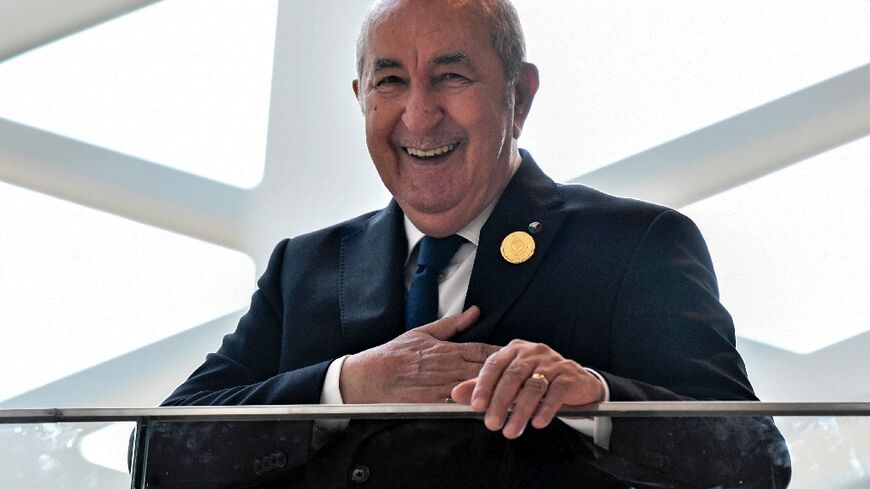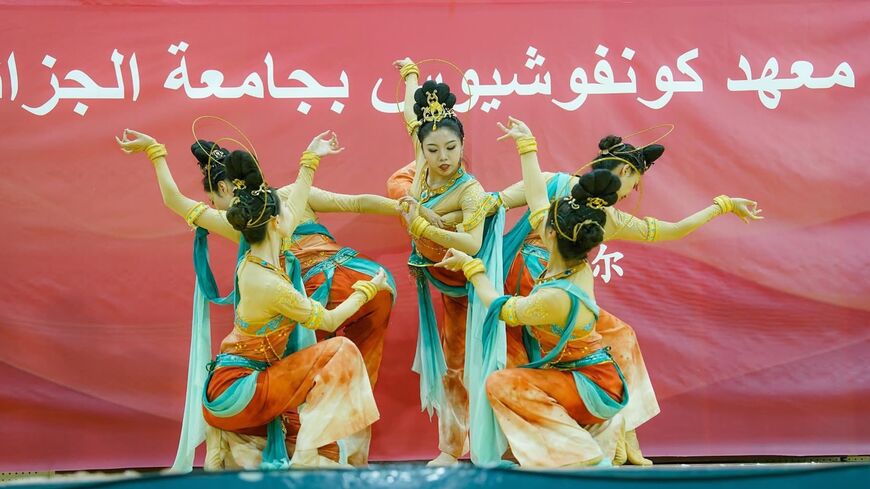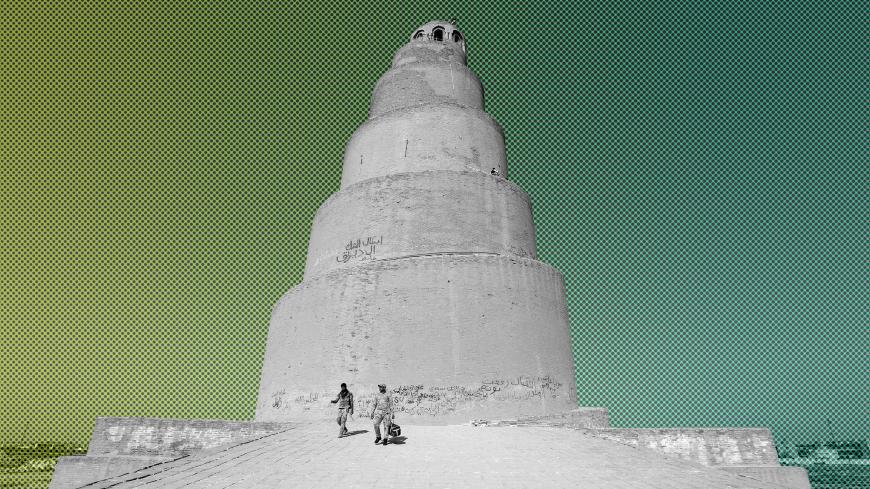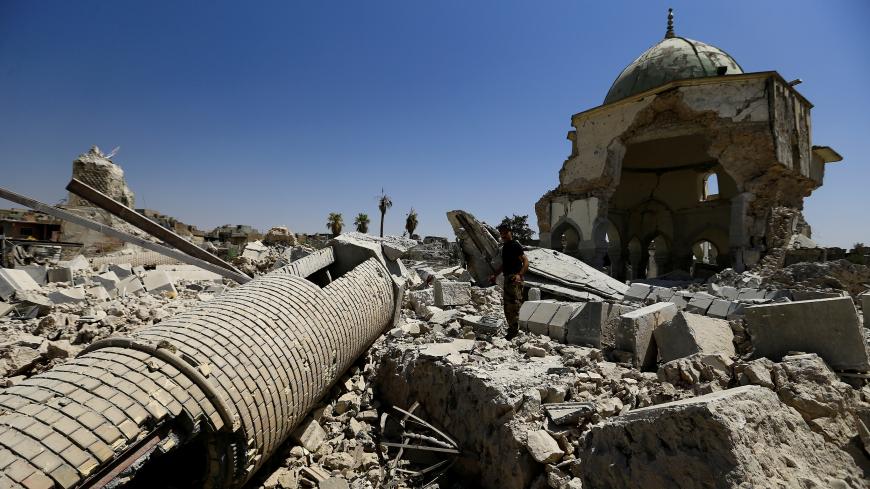What we know about Algeria’s mega mosque, the largest in Africa
The inauguration of the mosque culminates years of delay, partially prompted by country’s political history but also with construction controversies.
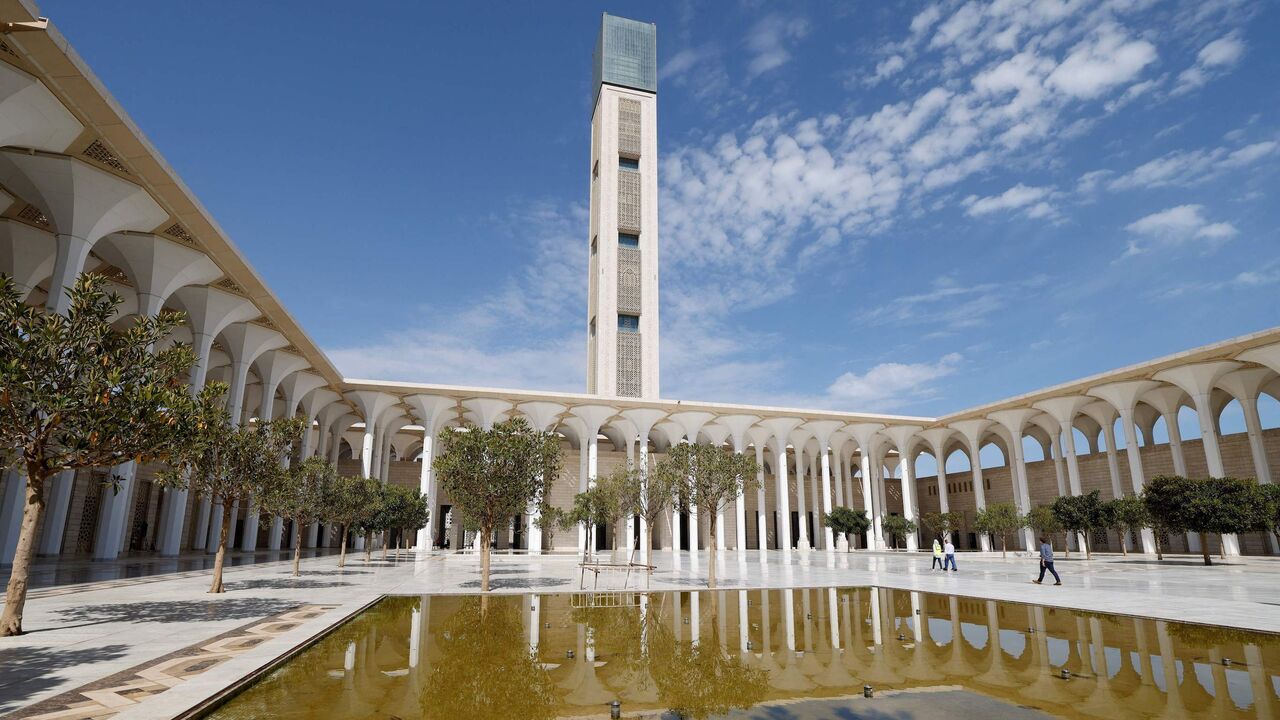
Algeria finally inaugurated the Great Mosque of Algiers on Sunday, representing the culmination of a years-long and controversial building process as the North African country seeks to promote religious moderation.
President Abdelmadjid Tebboune inaugurated the mosque in an official ceremony alongside other government and religious officials, the official Algeria Press Service reported.
The inauguration event was mostly symbolic, as the mosque has been open for tourists in Algeria since 2019 and opened for prayers in October 2020. Tebboune, however, could not attend during the pandemic as he was hit with COVID-19.
Algeria yesterday inaugurated Africa’s largest mosque. The Djamaa El-Djazair is also the world’s third largest mosque, featuring the world's tallest minaret at 265 metres (869 feet), and can accommodate 120,000 people. It was constructed over 7 years, costing more than $800m pic.twitter.com/C34LAFNZ28
— Charles Onyango-Obbo (@cobbo3) February 26, 2024
The mosque is the third largest in the world, after the Islamic holy sites in Mecca and Madinah, and the largest on the African continent. It has the world’s largest minaret, or prayer tower, standing at 869 feet (265 meters), and its prayer room can accommodate 120,000. The mosque reportedly features a helicopter landing pad and a library that can hold one million books in addition to the worship space. It is located northwest of downtown Algiers on the country's Mediterranean coast.
The structure was built by the Chinese government’s China State Construction Engineering Corporation (CSCEC). Construction began in 2012, according to reports.
The massive structure was designed by the German architectural and engineering firms KSP Engel and KREBS + KIEFER, according to the Italian architectural magazine Domus.
Controversy
The construction of the mosque has been subject to several controversies. Construction actually finished in 2019 after several delays and cost overruns but wasn't open to state visitors and foreign tourists until the public opening on Sunday.
Former President Abdelaziz Bouteflika planned to name the mosque after himself and inaugurate it that year but was ousted from office during widespread protests, ending his 20-year reign and delaying the ceremony. The mosque is viewed negatively by many Algerians as a result of the cost, according to the Associated Press.
The Algeria Press Service reported in 2020 that the final cost of the mosque was 898 million euros ($974 million).
The regional news outlet Asharq Al-Awsat reported last year that pressure was building on the government to open the mosque to the public.
The mosque has been subject to additional controversy due to the possibility of earthquake damage. A 2013 report in the Open Journal of Civil Engineering noted that the “north of Algeria is a very strong seismic region.” Algerian officials deny the mosque is seismically risky, however, and the structure has an anti-seismic system, according to the Algeria Press Service.
Despite the controversies, the mosque has been praised by some observers for its magnitude and design.
"The fact remains, however, that even the harshest critics recognize that the monumental complex ... has the great merit of enriching the country’s architectural culture not only in terms of form but also in terms of engineering," Domus wrote in 2020.
Religious conflict
The Algerian government fought a bloody civil war against various Islamist groups from 1992 to 2002. The war ended in a victory for Algiers, though an insurgency in the wider Sahel region by al-Qaeda, the Islamic State and other groups has continued since then.
Algerian officials have sought to portray the mosque as a part of the fight against Islamists. In 2016, government advisor Ahmed Madani told Agence France-Presse that the mosque "will be a heavy blow for the extremists.”
Salah Goudjil, the speaker of Algeria’s upper house of parliament, called the mosque a “bulwark of religious referent and moderation” on Sunday, according to the Algeria Press Service.
China’s footprint
The mosque constitutes a major part of CSCEC's presence in the Middle East and North Africa. The company’s other projects in the region include an extension of the Algiers airport, the business district of Egypt’s new administrative capital and the Trump Organization’s Dubai hotel development.

